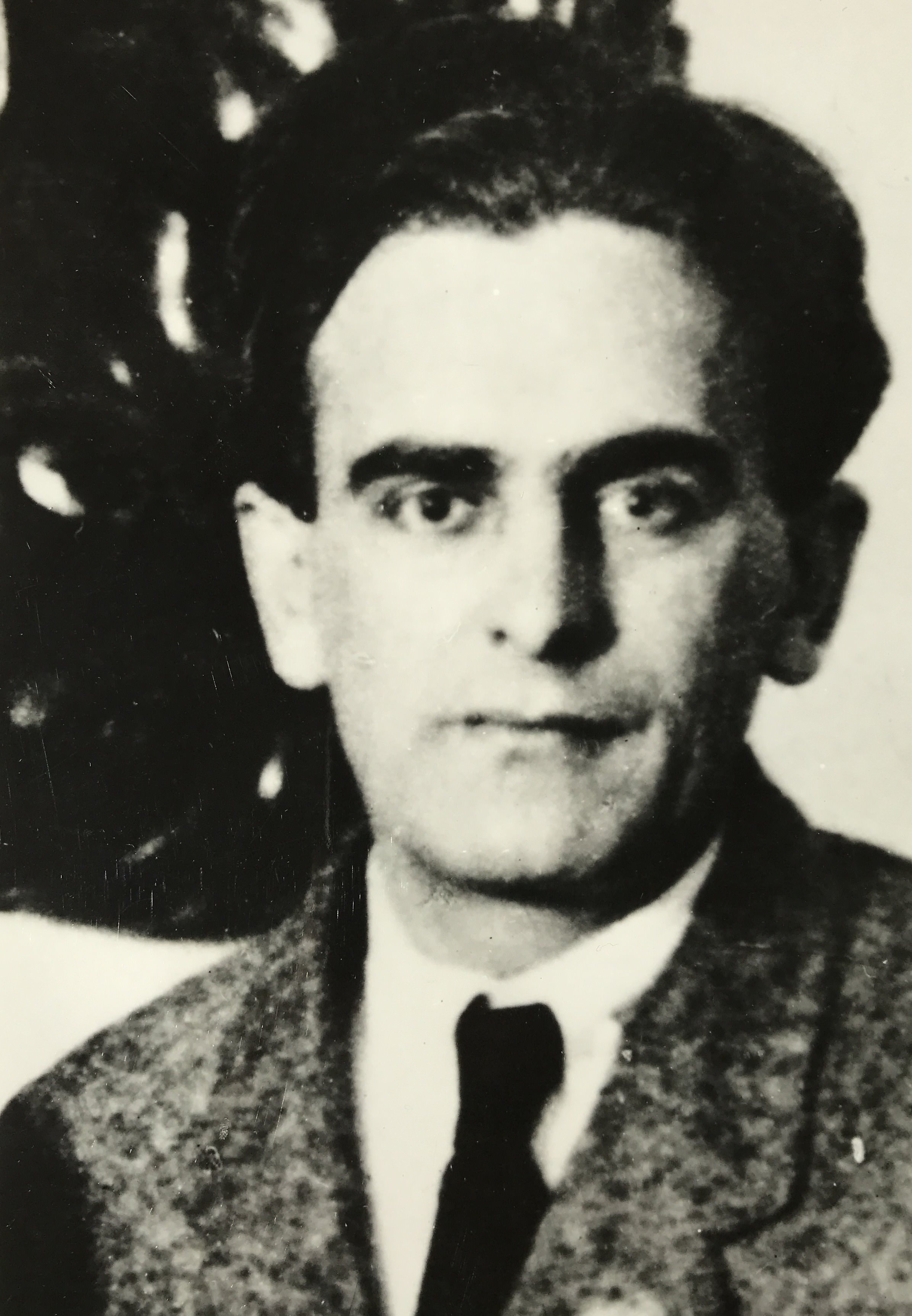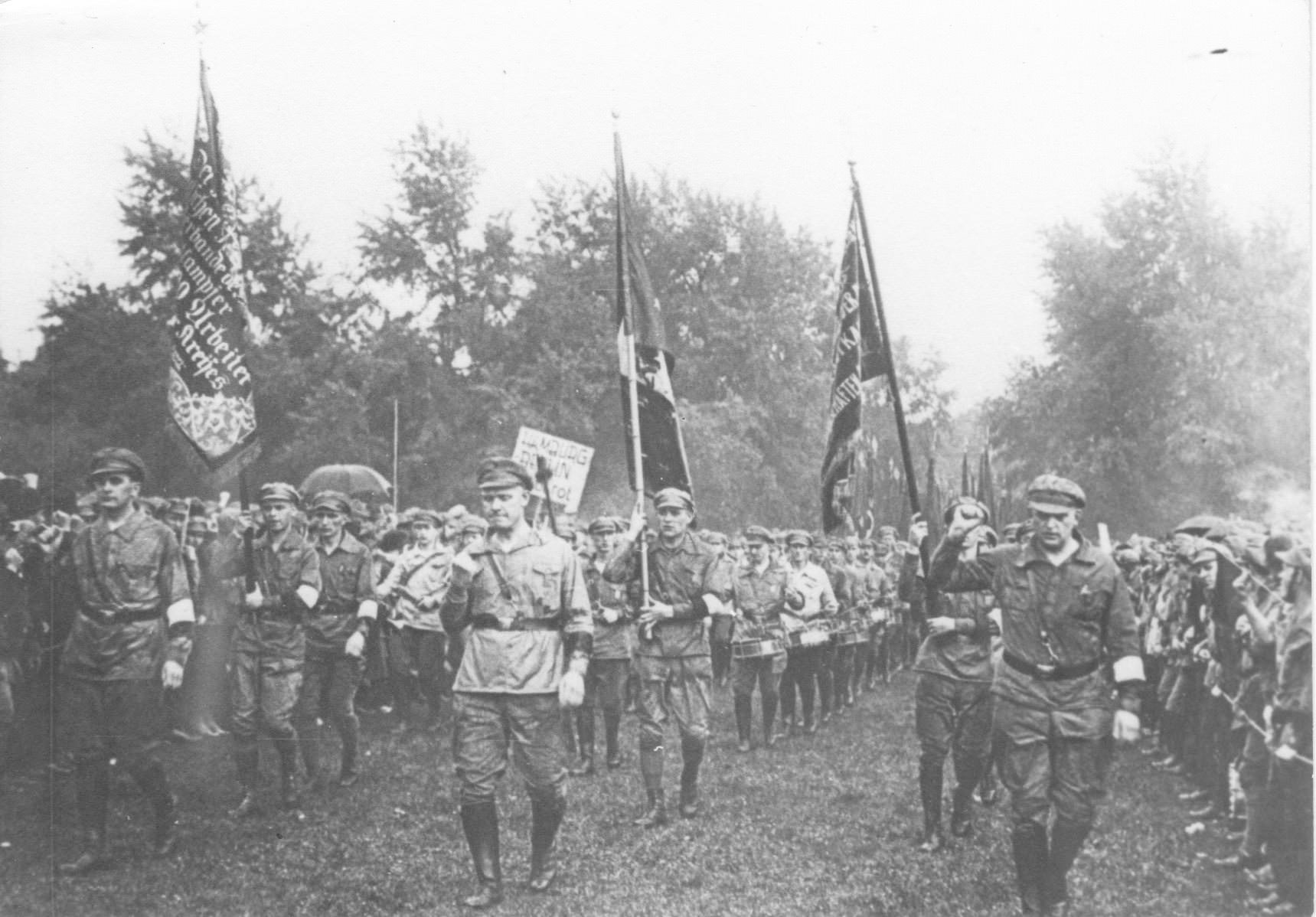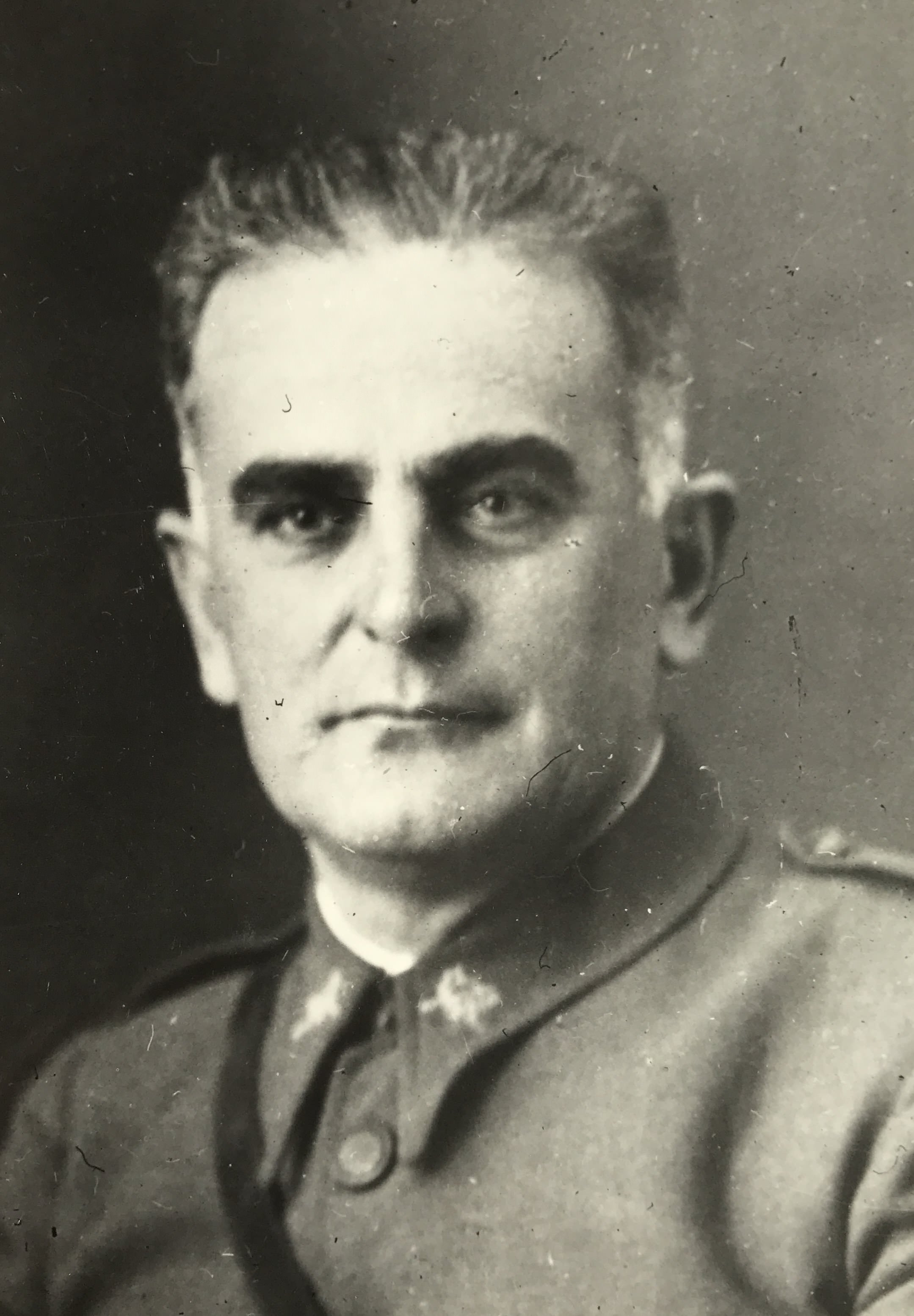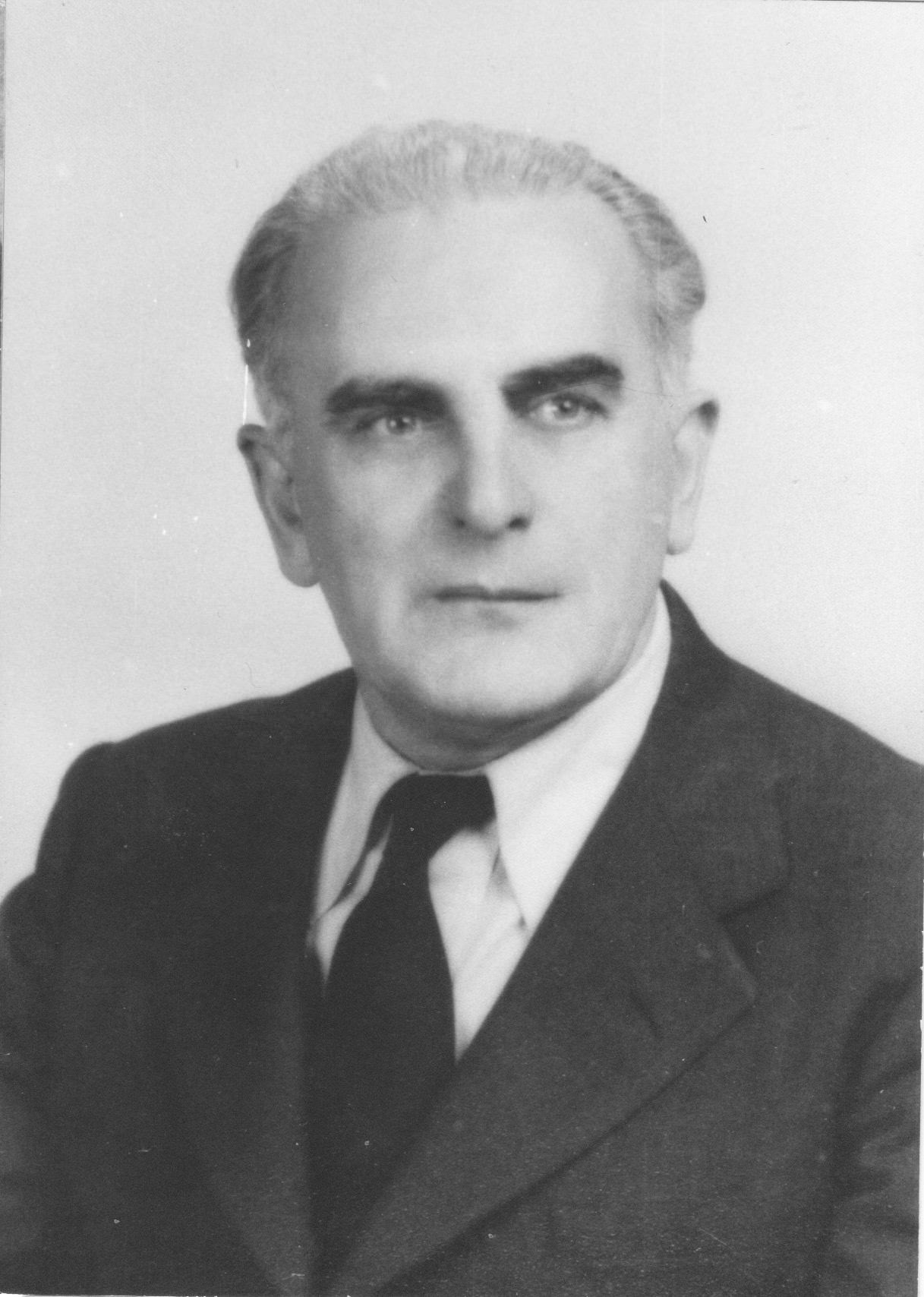About Albert
On 7 August 1892, Albert Hermann Schreiner is born in Aglasterhausen near Stuttgart. His father is a metalworker for Daimler and a political organiser.
After his apprenticeship at Firms Kuhn, Albert becomes an active member and then leader of Socialist Youth Labour in Stuttgart. At 16 he joins the Social Democratic Party of Germany and attends courses with Clara Zetkin and Käthe Duncker. Albert is involved in the cultural education of the Socialist Youth Labour and joins in the recitals of the acclaimed Estonian violinist Eduard Sõrmus, 'der rote Geiger' (the Red Violinist).
In 1911 Albert passes his Gesellenprüfung to become a journeyman, but is dismissed because of his political activities. Instead, he goes hiking in Switzerland, Italy and Austria-Hungary.

In 1912 Albert is drafted for military service, and with the outbreak of war goes to the Western Front in 1914 with the Royal Saxon Army. In 1916 he is promoted to the rank of Offiziersstellvertreter, but in 1917 is critically wounded after being shot in the jaw. He returns to Stuttgart in 1918 and marries Emma. He deserts from the army to lead the German Revolution in Stuttgart, but after a brief position as the minister for war in the newly declared Free People's State of Württemberg, Albert is arrested.
In 1919 Albert is sent to Ulm military prison along with members of the Spartacus League as part of efforts by the socialist government to clamp down on the threat of communism. Their leaders, Rosa Luxemberg and Karl Liebknicht are arrested and assassinated.

In 1923 Albert moves to Berlin, working for Die Rote Fahne and joining the RFB (Roter Frontkämpferbund), the military wing of the KPD (Communist Party of Deutschland). In October Albert leads a failed coup in Hamburg as military leader of the Wasserkante. In 1926 Albert edits the Roten Front but soon falls out with the leadership of the RFB over corruption allegations against Willy Leow. In 1928 Albert leaves the KPD over the Wittorf affair and joins Heinrich Brandler and August Thalheimer in the formation of the KPO (Communist Opposition Party).
With the rise of National Socialism, Albert flees to Paris in 1933, his wife and two daughters (Helga and Sonia) following shortly after. In Paris, Albert is readmitted to the KPD and writes a series of books warning of the dangers of Hitler, which are published in German, French and English.
In 1935 his daughter Sonia, my grandmother, is sent to England as a refugee.
On the outbreak of the Spanish civil war, Albert is one of the first Germans to arrive in Spain, and along with Hans Beimler, he forms the first International Brigade. By December 1936 he is chief of staff of the XIII International Brigade and in 1937 becomes head of the Comintern Historical Department in Albacete. However, with the defeat of the Nationalist forces, Albert returns to France in 1939.
In October he is arrested and interned at Bengy-sur-Craon and St Cyprien concentration camps. His wife and second daughter, Helga are sent to Gurs internment camp in the south of France and in 1940 Albert is sent to Camp de Milles near Marseille.

In May 1941 Albert negotiates travel for himself, Emma and Helga to Mexico aboard the SS Wyoming. However, they only get as far as Casablanca, and Albert ends up in camps at Oued and Sidi-el-Ayachi. In September he manages to procure travel visas to America aboard the SS Serpa Pinto and the family arrive in New York on 21 September.
After three weeks on Ellis Island, Albert gets a job as a watchmaker. While in New York, Albert co-authors The Lesson of Germany and writes articles for the American Marxist magazine, New Masses. Along with fellow émigré Berthold Brecht he becomes a founding member of the Council for a Democratic Germany.
Albert and Emma return to Germany in 1946. In 1947 Albert becomes a professor of history at the University of Leipzig, later the Karl Marx University, Leipzig. In 1950 Albert returns to (East) Berlin where he is appointed head of department at the Marx-Engels-Lenin Institute, and in 1952 he becomes a director for the Museum of German History.
On 4 August 1979, Albert dies in Berlin, three days before his 87th birthday.

The book will be available to buy in Late 2022. To be notified when available for pre-order please sign up to the newsletter.